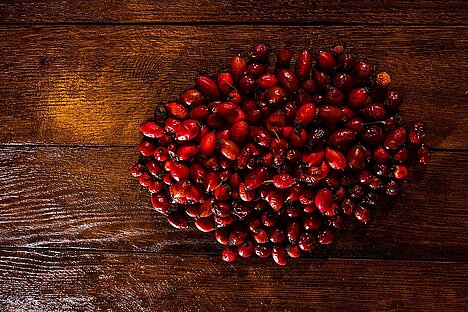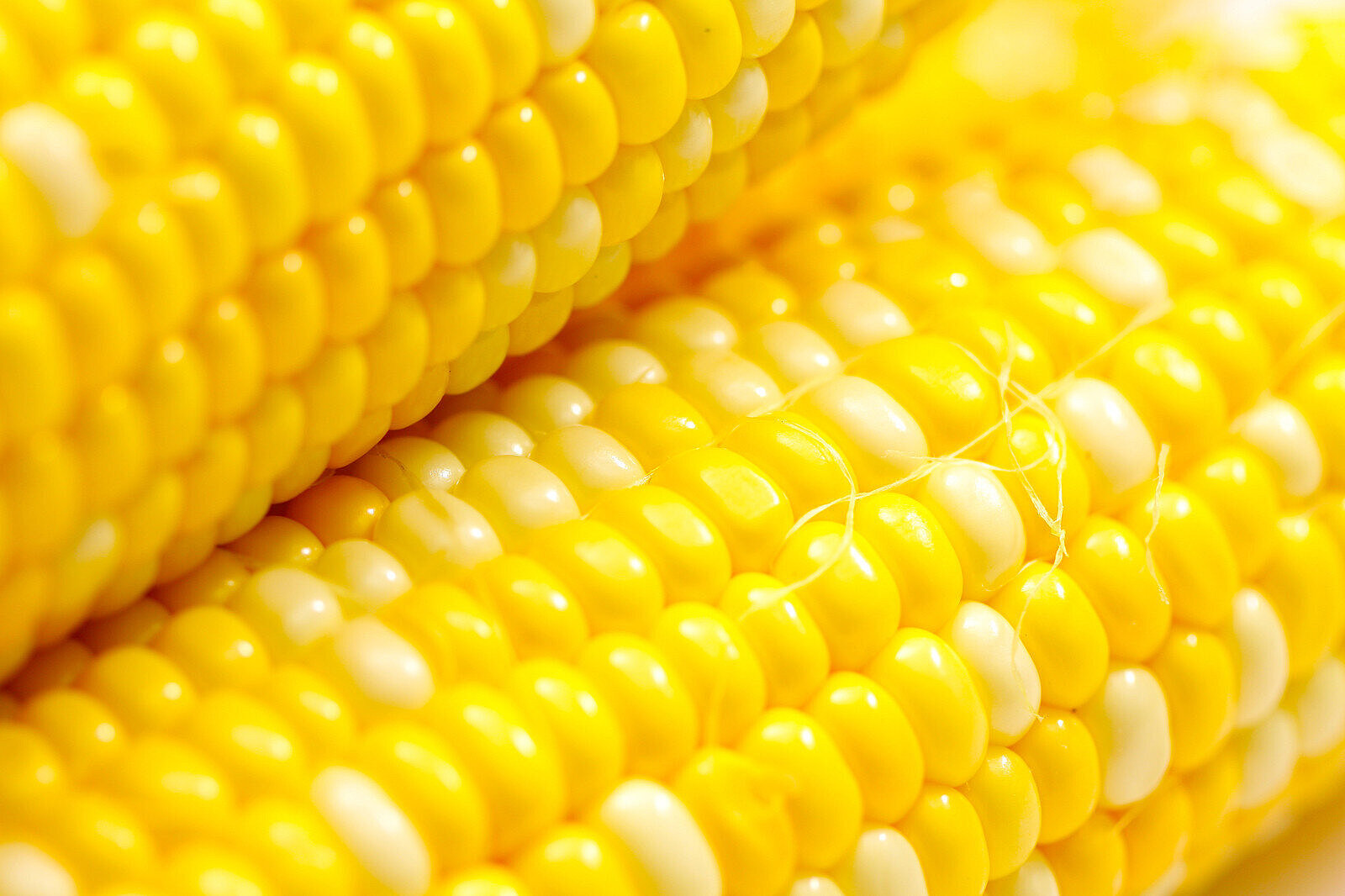Lycopene

What is lycopene and how does it work?
Lycopene is an antioxidant, which means that it protects cells from the harmful effects of free radicals. Free radicals are aggressive molecules that are produced during metabolic processes or by environmental factors such as UV radiation, smoke or pollutants. They can damage cell membranes, genetic material or proteins and thus lead to inflammation, ageing or disease.
Lycopene can intercept these free radicals and render them harmless. This strengthens your dog's immune system and skin function. Lycopene can also reduce the risk of certain types of cancer by inhibiting cell division and promoting apoptosis (programmed cell death).
How can you give your dog lycopene?
Lycopene is found in various fruits and vegetables, but is most abundant in tomatoes. However, raw tomatoes are not suitable for dogs as they contain solanine. Solanine is a toxic substance that can lead to symptoms of poisoning in dogs such as vomiting, diarrhea or respiratory paralysis. Solanine is not destroyed during cooking, but ripe tomatoes have a very low solanine content. You can therefore give your dog small amounts of cooked or overripe tomatoes.
A better alternative is tomato paste. Tomato paste is made from overripe tomatoes and no longer contains solanine. Instead, it has a high content of lycopene and other vitamins such as vitamins A, C and E. You can mix around half a teaspoon to a teaspoon of tomato puree into your dog's food every week. This will do him good and he will love the taste.
However, make sure that you only use pure tomato paste without additives. Also, you shouldn't give your dog too much of it, otherwise the calorie content will be too high or your dog will get diarrhea.
Are there other sources of lycopene?
Besides tomatoes, there are other plants that contain lycopene. For example rose hips, watermelons or papayas. You can also offer these to your dog as a snack if he likes them. However, they have a lower lycopene content than tomato paste.
Another option is to give your dog a dietary supplement with lycopene. There are several products on the market that contain lycopene from tomato extract or other sources. These can improve your dog's supply of lycopene and support their health.
However, before you decide on such a product, you should inform yourself well and ask your vet for advice. Not every product is suitable for every dog or is of good quality. You should also pay close attention to the dosage and not exceed it.
Lycopene is a healthy ingredient for dogs that has many benefits for their immune system and skin. You can give your dog lycopene through tomato paste or other fruits and vegetables, or use a dietary supplement. However, make sure that you only use ripe tomatoes or pure tomato paste without solanine and that you give the right amount. This way you can do something good for your dog and offer him a tasty change.
If you notice any signs of hypersensitivity or poisoning in your dog, you should see your vet immediately. We are not a substitute for a vet, but we try to be as accurate as possible. Every dog reacts differently and we recommend you get a second opinion or consult your vet if in doubt.
Stay healthy and take good care of your four-legged friend!😊
Similar to Lycopene
Dogs can convert beta-carotene into active vitamin A and thus cover their need for this vitamin. Vitamin A is important for the dog's eyesight, skin health and immune system, among other things....
Lutein can improve vision in dogs, especially in older dogs suffering from age-related macular degeneration. This condition leads to a loss of central visual acuity and can result in blindness....
Like humans, dogs have a macula, a spot on the retina that is responsible for sharp vision. The macula contains high concentrations of zeaxanthin and another carotenoid called lutein. These two...
Astaxanthin has many potential health benefits for dogs. For example, it can strengthen the immune system, improve eye and heart health, promote skin and coat quality and relieve joint pain....



